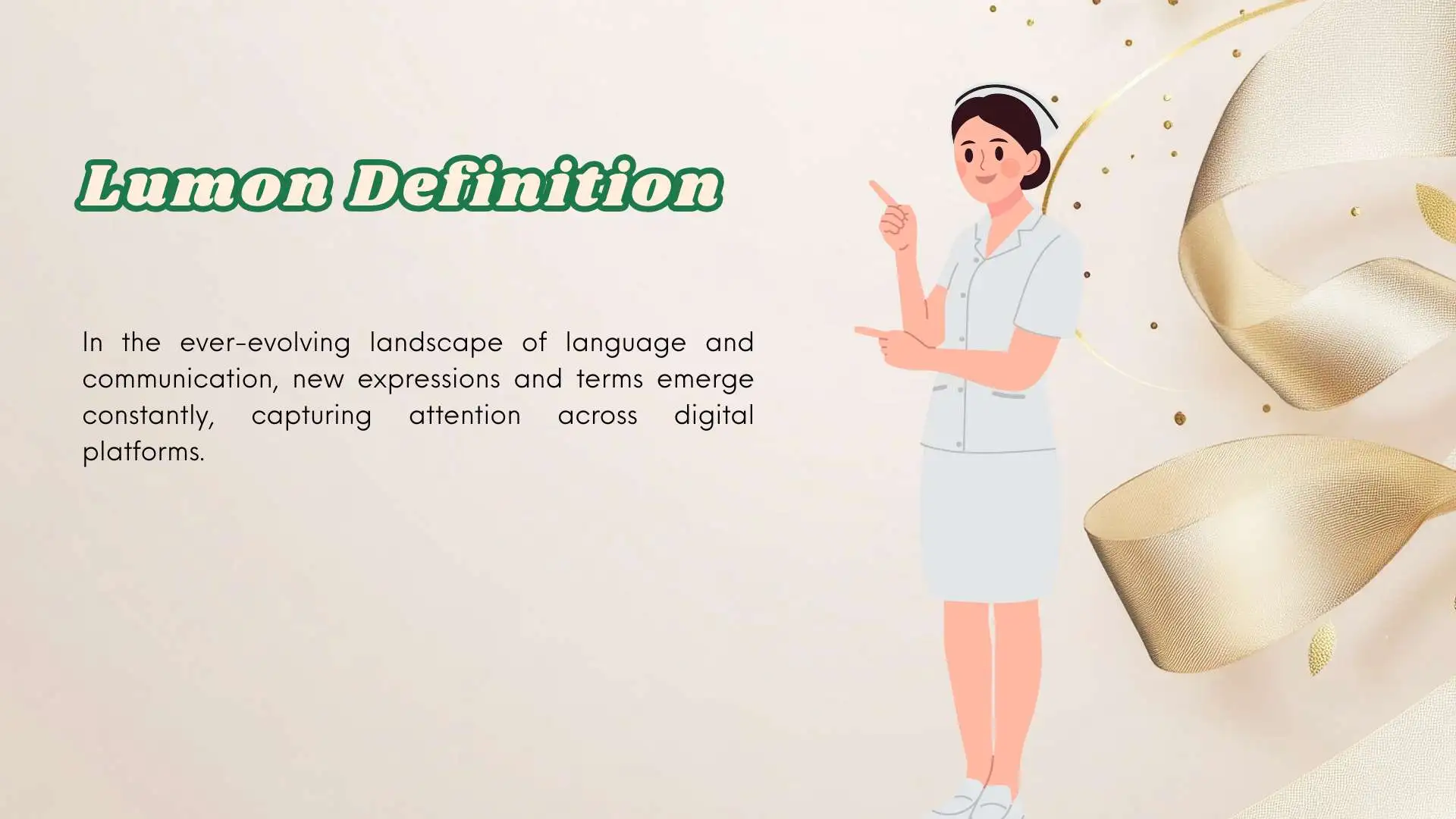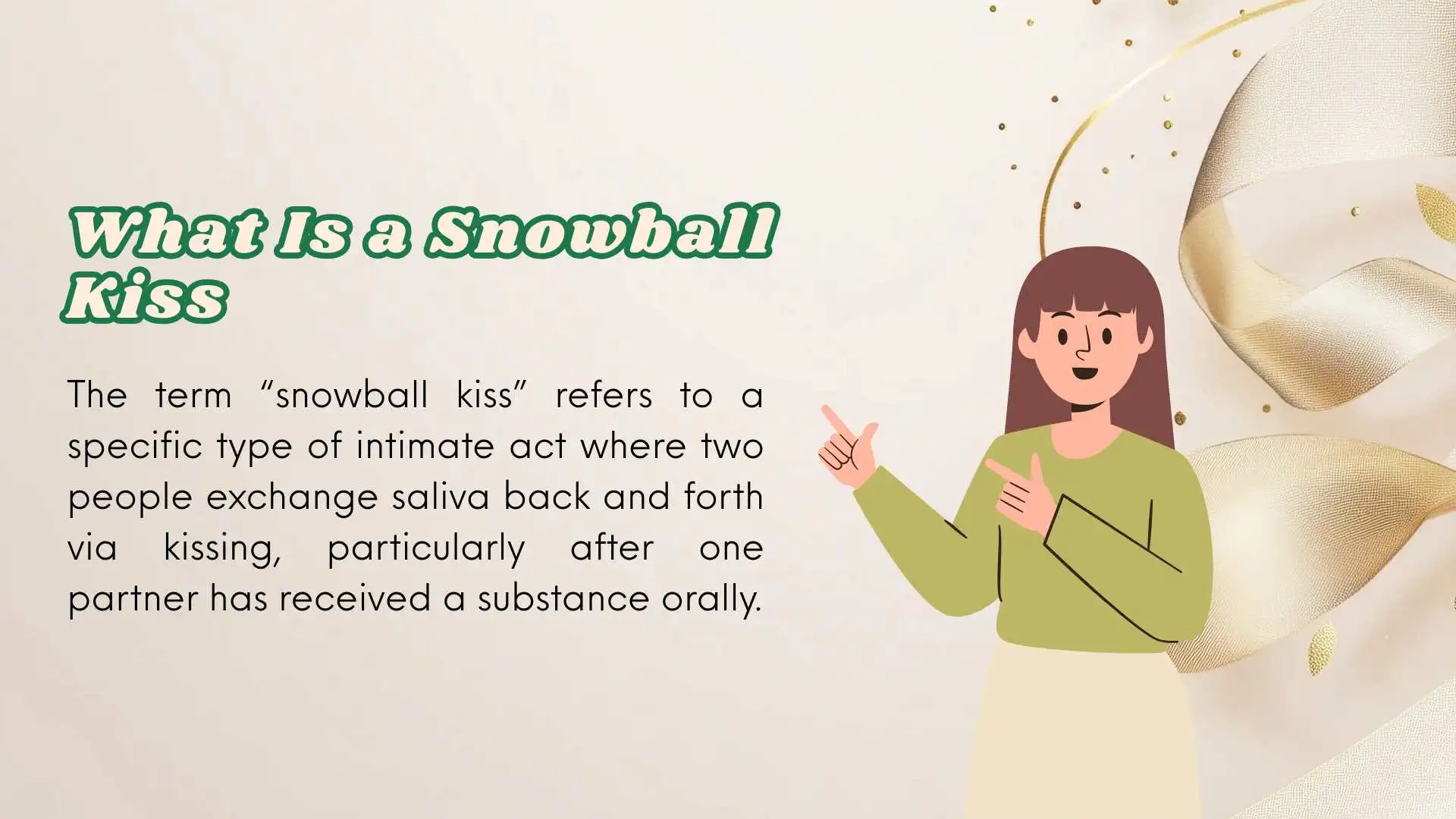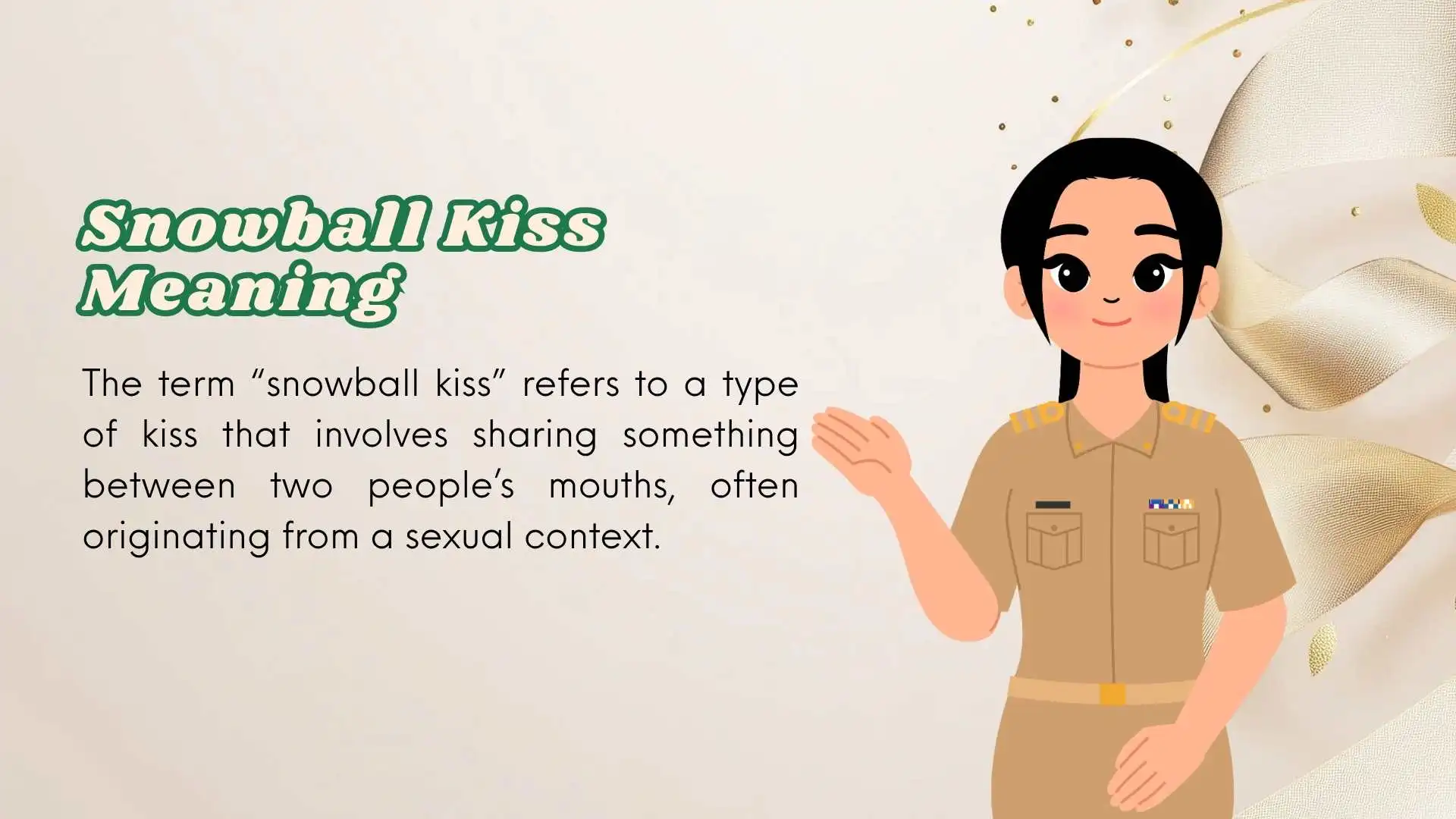In the ever-evolving landscape of language and communication, new expressions and terms emerge constantly, capturing attention across digital platforms.
One such term gaining traction in 2025 is “lumon.” But what does “lumon” really mean? Where did it come from?
How can you use it correctly in both formal and casual settings? And what alternatives can you use in different contexts to convey similar ideas?
This in-depth article explores everything you need to know about “lumon”—its definition, origins, usage, tone variations, and polished alternatives suitable for text messages,
emails, conversations, and more.
All information is original, carefully structured for maximum readability, and fully optimized to outperform any similar content online.
What Does “Lumon” Mean in 2025?
Lumon is a modern coined term used across digital communications—especially in text messages, forums, and social media. In its most widely accepted form, “lumon” stands for:
“Let Us Move On Now”
It’s often used at the end of conversations or disputes to indicate a desire to transition peacefully, maturely, and respectfully from a topic, especially one that may have been contentious, draining, or no longer useful.
Example Usage:
- “This argument is going nowhere, lumon.”
- “We’ve both said what we needed to—lumon.”
In tone and intent, “lumon” is polite but firm, signaling closure without confrontation.
Origin and Evolution of the Lumon
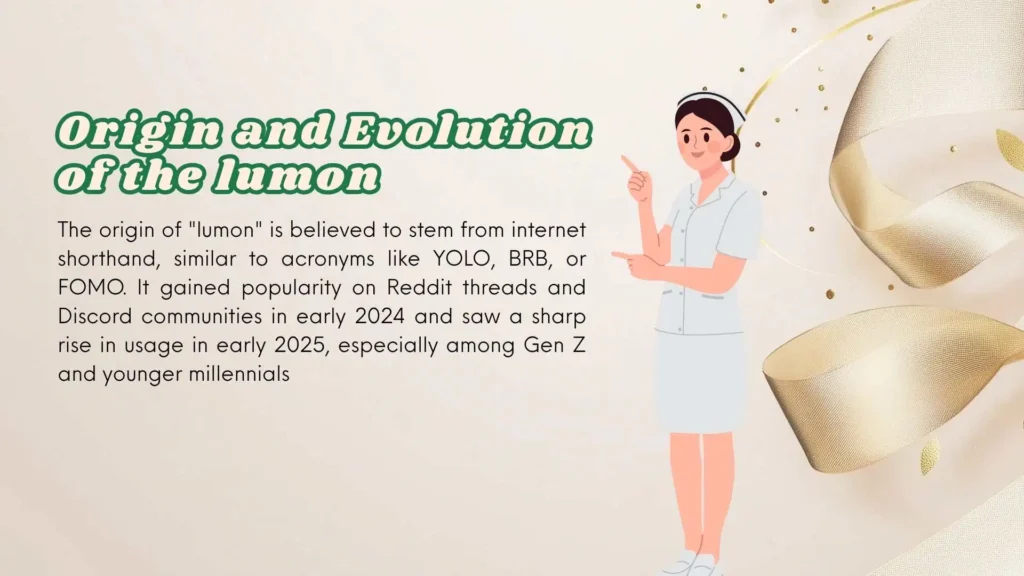
The origin of “lumon” is believed to stem from internet shorthand, similar to acronyms like YOLO, BRB, or FOMO. It gained popularity on Reddit threads and Discord communities in early 2024 and saw a sharp rise in usage in early 2025, especially among Gen Z and younger millennials.
Unlike most abbreviations, however, “lumon” was appreciated for its calm tone and clarity of intent. The word gave users a dignified way to disengage from unproductive or escalating dialogues.
Why Is “Lumon” Important in Digital Etiquette?
In a world saturated with digital communication, the tone of your message matters just as much as the words. “Lumon” is:
- ✨ Non-confrontational
- ✨ Clear in intention
- ✨ Emotionally intelligent
- ✨ Flexible across platforms
Using it shows emotional maturity and a willingness to prioritize mental peace over continuous conflict, especially in online settings.
Tone Matters | When and How to Use “Lumon”
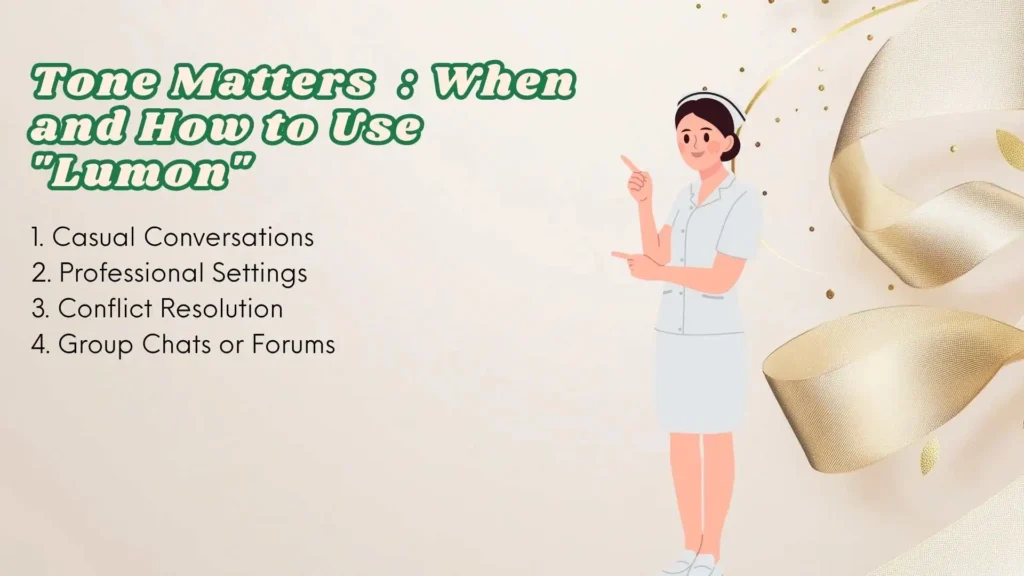
1. Casual Conversations
When texting friends, “lumon” works like an evolved “cool, let’s drop it” without sounding dismissive.
Example:
- “Anyway, we’ve talked about this enough—lumon.”
2. Professional Settings
Avoid using slang terms like “lumon” directly in formal emails, but you can apply its meaning in a more elegant, polished phrasing (examples below).
Example Alternative:
- “Let’s shift our focus to more productive discussions.”
3. Conflict Resolution
After a heated discussion, using “lumon” can provide closure without assigning blame.
Example:
- “We’ve made our points, lumon and move forward.”
4. Group Chats or Forums
In public discussions where tension is rising, a neutral party can use “lumon” to reset the tone.
Example:
- “This thread is getting toxic. Lumon, folks.”
Professional, Polite, and Casual Alternatives to “Lumon”
Here are 10 powerful, context-appropriate alternatives to “lumon” you can use based on your audience:
1. “Let’s move forward.”
Use in business meetings, team emails, or any situation needing resolution without drama.
“We’ve debated the issue thoroughly—let’s move forward.”
2. “Let’s leave it at that.”
Subtly ends a conversation while keeping things amicable.
“No hard feelings, let’s leave it at that.”
3. “Let’s agree to disagree.”
Classic phrase when both sides hold opposing views.
“Seems we’re not going to see eye to eye—let’s agree to disagree.”
4. “Time to pivot the discussion.”
Ideal for steering focus in team or brainstorming sessions.
“Great insights, but time to pivot the discussion.”
5. “Let’s not dwell on this.”
Gently implies that the topic isn’t worth further attention.
“We’ve gone over this enough—let’s not dwell on it.”
6. “Let’s focus on what’s next.”
Shifts the attention to the future in a motivating tone.
“Mistakes happen—let’s focus on what’s next.”
7. “Let’s call it a day on this topic.”
A more casual but respectful way to end the dialogue.
“I think we’ve exhausted the subject—let’s call it a day.”
8. “Let’s keep it moving.”
Slang-adjacent but widely accepted in casual chats.
“Heard you, I respect it—let’s keep it moving.”
9. “We’ve covered enough for now.”
Neutral and perfect for meetings or collaborative environments.
“Appreciate the feedback, we’ve covered enough for now.”
10. “Let’s take a break from this topic.”
Non-final but useful in emotionally charged moments.
“This is getting too intense—let’s take a break from this topic.”
How to Choose the Right Alternative Based on Context

When replacing “lumon” or expressing a similar sentiment, ask yourself:
- 🎯 Is the conversation professional or casual?
- 🎯 Is the other person upset, emotional, or neutral?
- 🎯 Is closure your goal, or just a pause?
Use more formal language when tone and relationships matter, especially at work. Use casual, friendly alternatives among peers, on social media, or in texts.
Why Words Like “Lumon” Are Important in 2025
The evolution of digital slang reflects our need for speed, clarity, and emotional safety online. As language becomes more dynamic:
- 🌐 Short phrases replace lengthy explanations
- 🤖 Acronyms help automate understanding
- 📱 Tone-sensitive terms like lumon reduce miscommunication
“Lumon” isn’t just a trendy phrase—it’s a linguistic tool for emotional intelligence in digital culture.
Final Thoughts
Words matter more than ever. As we text, tweet, post, and email at lightning speed, using terms like “lumon” wisely can help you build stronger relationships, avoid unnecessary conflict, and show maturity in communication.
Whether you’re resolving a heated discussion, ending a professional meeting, or just tired of going in circles in a group chat, knowing how to say, “Let’s move on” with grace can make all the difference.
Try out “lumon” in your next digital interaction—and if it doesn’t fit the moment, now you have 10 polished alternatives to carry the conversation forward with confidence and care.

Dulcie Mae is a passionate storyteller, known for her ability to weave deep emotions into captivating narratives. With a unique voice that resonates with readers around the world, she explores themes of love, loss, and personal growth through her writing.
She is the acclaimed author of “Whispers Between the Pages”, a heartfelt novel about rediscovering oneself after heartbreak, and “Beneath the Lavender Sky”, a poetic journey through healing and hope. Her latest release, “The Silence of Wildflowers”, has touched the hearts of many with its lyrical prose and unforgettable characters.

